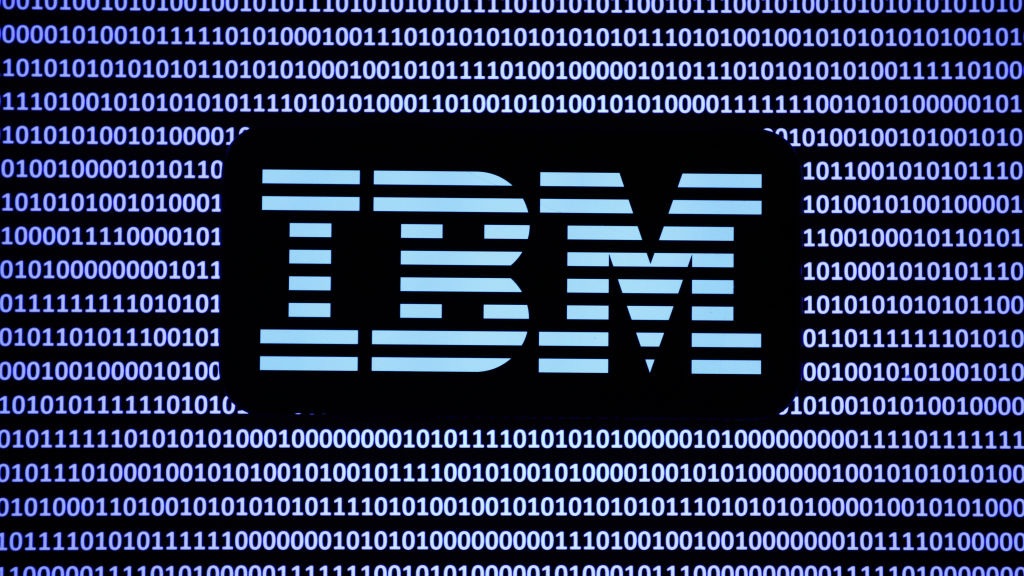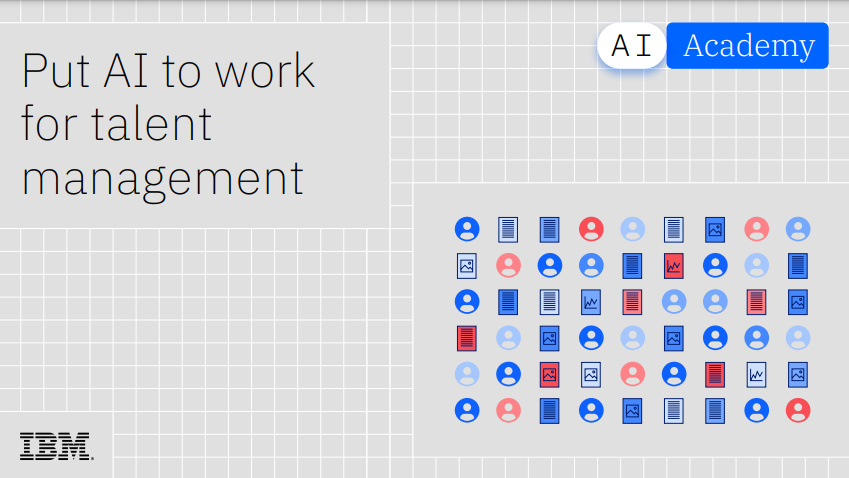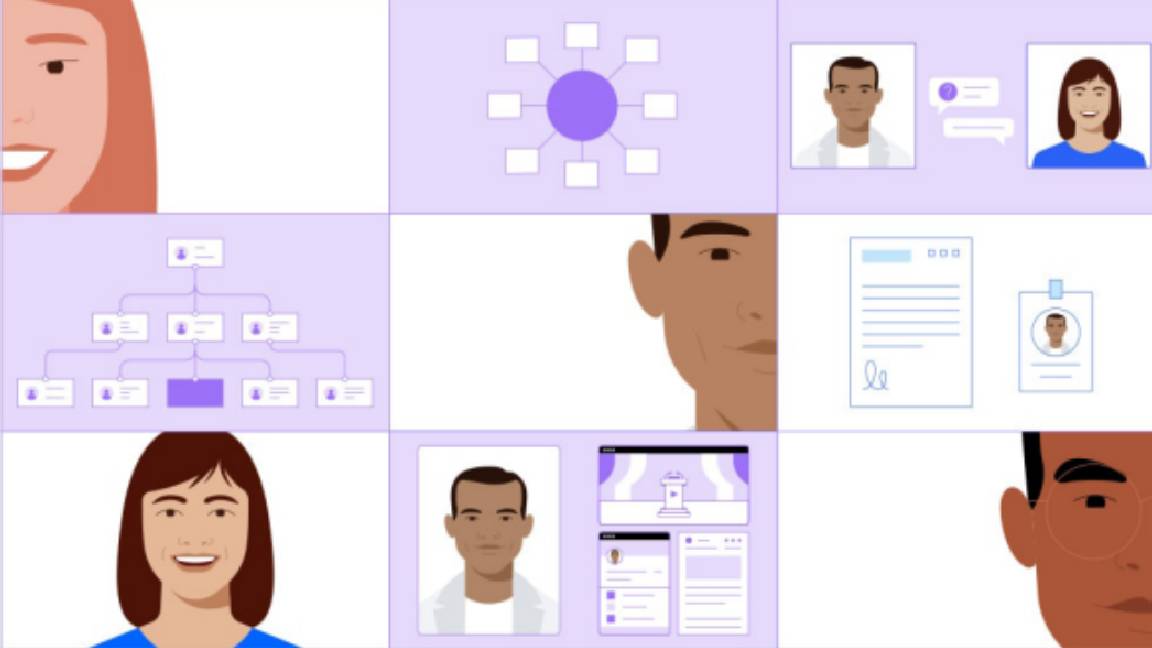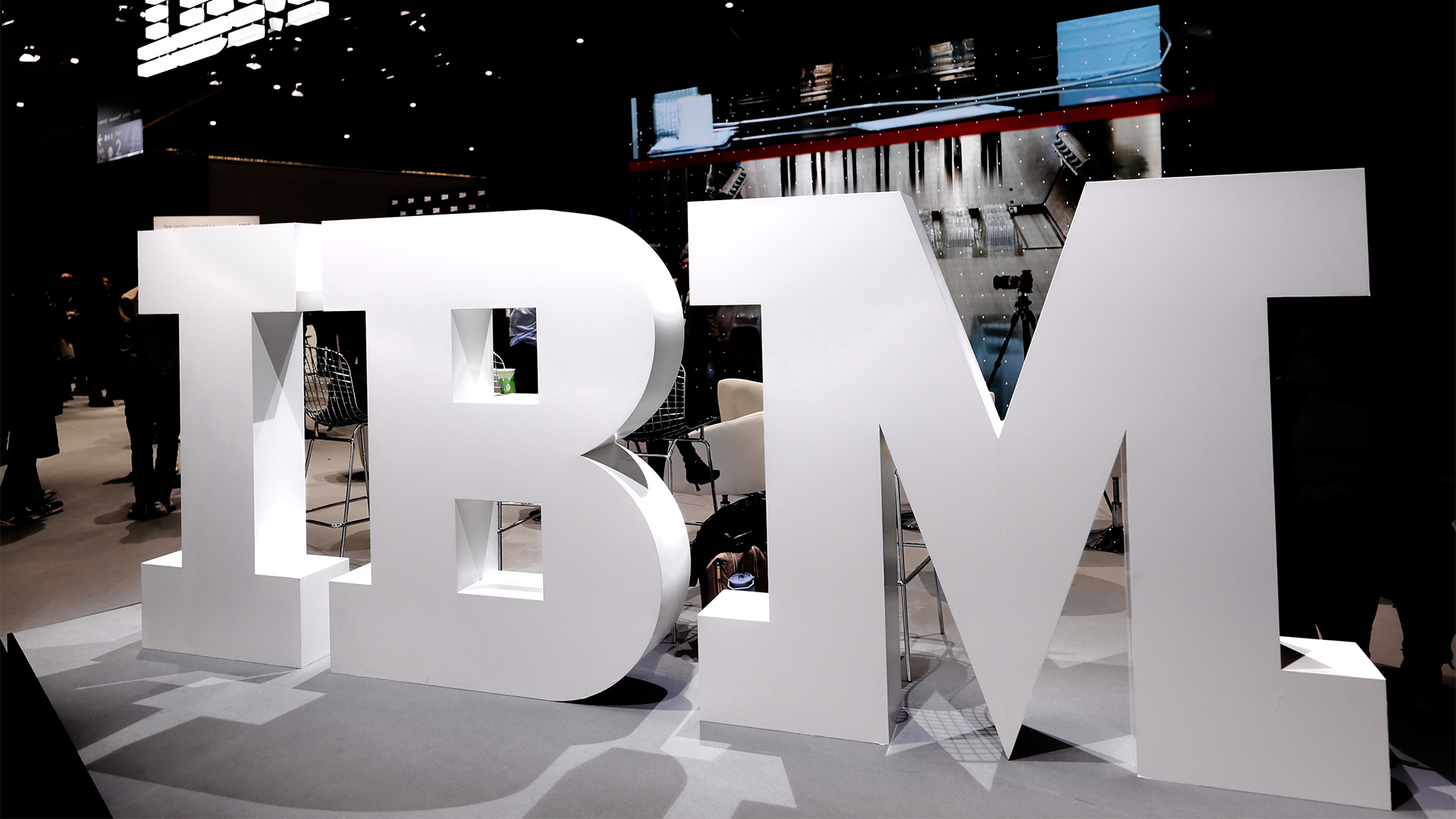Lenovo and IBM outline System X acquisition plans
Following Lenovo’s acquisition of IBM’s System X segment, the companies promise partners remain central to the business


IBM and Lenovo have taken to the stage at the Canalys Channels Forum to discuss what the acquisition of Lenovo’s System X business means for the channel.
Adalio Sanchez, general manager of IBM’s x86 and pure systems solutions, who will head up the department when it is merged with Lenovo, says the merger will allow partners to sell across a wider portfolio, with better scalability than they were able to take advantage of as IBM partners.
“For the x86 business to succeed, resellers need product innovation and that doesn’t mean adding industry standards and packaging it to ship to customers. They need to optimise the workload and build it at tremendous scale.
“Lenovo brings System X scalability and allows it to compete in the marketplace, coupled with the 700 professionals we have using it and the capabilities in the datacentre.”
Sanchez says it will create a more efficient supply chain, allowing Lenovo to compete with OEMs and adapt how they run the channel.
“It will give us access to SMBs. The portfolio can cover price point by price point, feature by feature so we can hit all markets,” he explains.
For the channel, not much will change. Existing IBM partners will deal with the same people they dealt with at IBM and partners will transfer across. Partners can also expect to see the same commercial terms they signed up to with the same level of operational excellence.
ChannelPro Newsletter
Stay up to date with the latest Channel industry news and analysis with our twice-weekly newsletter
“What will change is that the portfolio will get bigger, so customers can scale faster. It will be more efficient and will foster a tighter relationships with the channel to drive the business.”
Lenovo’s primary strategy is growth. “There’s a lot of growth opportunity with the Windows server transition and our combination. We will drive innovation with product leadership, skills, scale, capabilities and our client base,” Sanchez says.
The channel programmes will remain stable throughout this year and both IBM’s and Lenovo’s commitment will remain.
“We’ll take the best of both programmes and merge them next year. We will take advantage of the channel efficiencies because the ease of doing business is the biggest opportunity and we will take Lenovo’s best practices for this.”
Francois Bornibus, vice president and COO, EMEA at Lenovo confirms that the company’s commitment to the channel is longstanding. He says Lenovo made $900m more revenue in last quarter through the channel in EMEA and these changes will make sure the companies can continue to improve the way it is doing business together.
“What we also want to do is shake up the enterprise market. We want to do something different to get share in this market and IBM’s System X will allow us to do that.”
The two companies said there’s a huge opportunity in the enterprise storage and server market, with Lenovo hoping to take $57bn from the total market value of $84bn.
“How to capture this opportunity is based on how well partners understand dynamics of play in the IT industry and the changes in the industry. 90 percent of all the data in the world is less than two years old and in the next five years – that will triple. There are endless ways where the channel can connect to businesses,” Sanchez finishes.

Clare is the founder of Blue Cactus Digital, a digital marketing company that helps ethical and sustainability-focused businesses grow their customer base.
Prior to becoming a marketer, Clare was a journalist, working at a range of mobile device-focused outlets including Know Your Mobile before moving into freelance life.
As a freelance writer, she drew on her expertise in mobility to write features and guides for ITPro, as well as regularly writing news stories on a wide range of topics.
-
 Asus ZenScreen Fold OLED MQ17QH review
Asus ZenScreen Fold OLED MQ17QH reviewReviews A stunning foldable 17.3in OLED display – but it's too expensive to be anything more than a thrilling tech demo
By Sasha Muller
-
 How the UK MoJ achieved secure networks for prisons and offices with Palo Alto Networks
How the UK MoJ achieved secure networks for prisons and offices with Palo Alto NetworksCase study Adopting zero trust is a necessity when your own users are trying to launch cyber attacks
By Rory Bathgate
-
 IBM completes HashiCorp acquisition after regulatory approval
IBM completes HashiCorp acquisition after regulatory approvalNews IBM has completed its $6.4 billion acquisition of cloud automation and security firm HashiCorp,
By Emma Woollacott
-
 IBM eyes Oracle expertise gains with latest acquisition
IBM eyes Oracle expertise gains with latest acquisitionNews The deal aims to help IBM address the complexities of public sector cloud transformation
By Emma Woollacott
-
 UK regulator to investigate IBM takeover of HashiCorp
UK regulator to investigate IBM takeover of HashiCorpNews The CMA is concerned that the merger could affect competition in the cloud services market
By Emma Woollacott
-
 Channel Focus: All you need to know about IBM's partner program
Channel Focus: All you need to know about IBM's partner programHow Big Blue seeks to go deep, tackling enterprise complexity: A brief guide to the role of partners in IBM's plan to accelerate software and consulting sales.
By Fleur Doidge
-
 Put AI to work for talent management
Put AI to work for talent managementWhitepaper Change the way we define jobs and the skills required to support business and employee needs
By ITPro
-
 Let’s rethink the recruiting process
Let’s rethink the recruiting processwhitepaper If you designed your recruiting process for a new company, what would you automate to attract and hire the best talent?
By ITPro
-
 The power of AI & automation: Productivity and agility
The power of AI & automation: Productivity and agilitywhitepaper To perform at its peak, automation requires incessant data from across the organization and partner ecosystem.
By ITPro
-
 Everything you need to know about IBM’s HashiCorp acquisition
Everything you need to know about IBM’s HashiCorp acquisitionNews IBM’s acquisition of HashiCorp represents a major signal of intent for the tech giant and its hybrid cloud and AI ambitions
By Steve Ranger